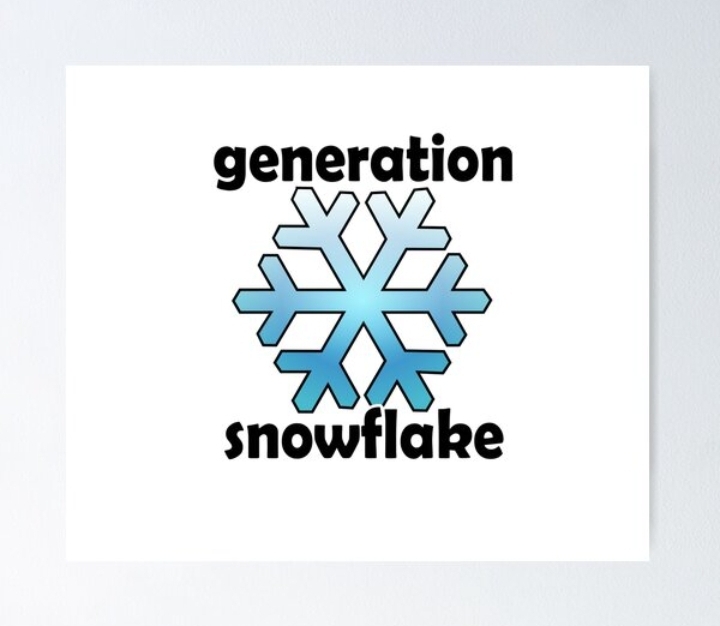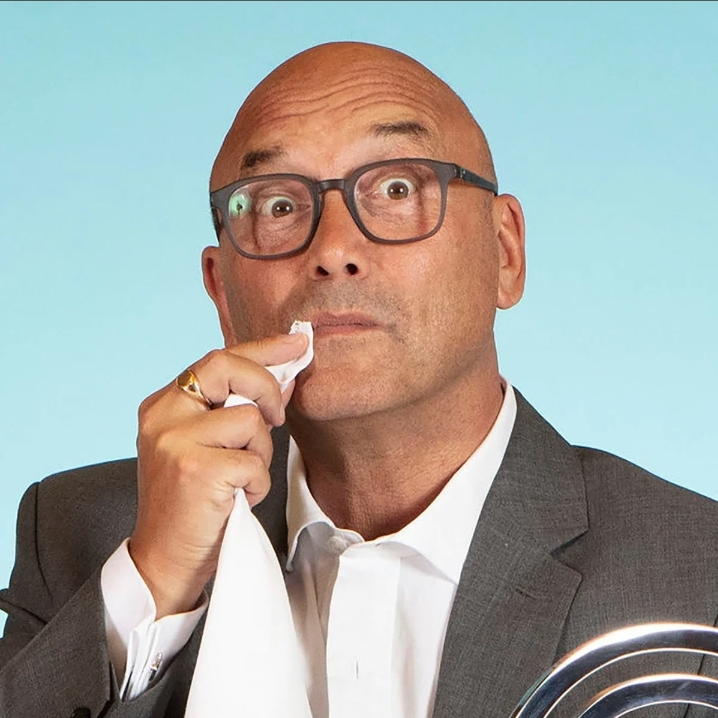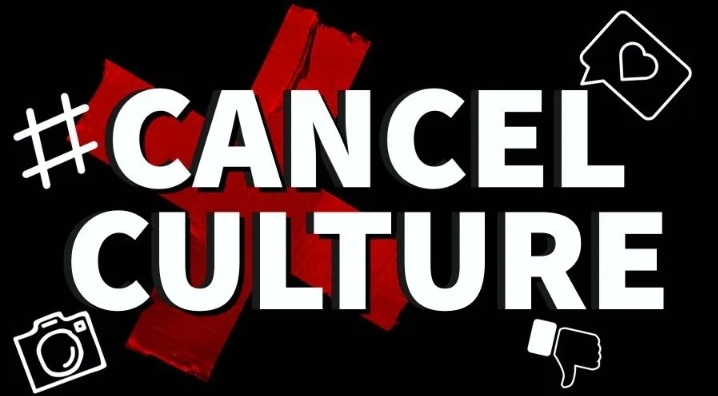
Image
It’s official: the snowflake generation has sharpened its pitchforks, and this time, the target is none other than the ever-enthusiastic, joyfully cheeky MasterChef presenter, Gregg Wallace. In what can only be described as a farce worthy of a late-night satire show, the nation woke up this morning to find BBC Breakfast interrupted for a "breaking news" story—Gregg Wallace is embroiled in historic misconduct allegations. Yes, Gregg Wallace, the man who gets visibly emotional over a well-baked soufflé, is now the latest victim of a generation seemingly intent on erasing every ounce of personality from public life.
Let’s be clear: we’re talking about allegations stemming from jokes. That’s right—words, humour, and banter, the very elements that make someone human and relatable, are apparently enough to ruin livelihoods in this absurd era of cancel culture. Gregg Wallace, a man whose entire brand revolves around enthusiasm, warmth, and a touch of cheekiness, now faces a public trial by outrage because some individuals have decided to retroactively take offence to his behaviour.
What’s particularly galling about this situation is the hypocrisy at play. Gregg Wallace has spent years bringing joy to British homes. Whether he’s taste-testing a rich chocolate fondant or championing local produce, his appeal lies in his genuine passion for life’s pleasures. And yet, because of a few oversensitive souls, his decades-long career is at risk of being dismantled.
This isn't just about Gregg Wallace; it’s about the toxic culture that allows such witch hunts to happen. Cancel culture, driven by a vocal minority on social media, thrives on the destruction of careers and reputations. It feeds on outrage, painting even the most benign actions as irredeemable sins.
Have we really reached a point where an off-colour joke or a misunderstood comment is grounds for public shaming and professional exile? The idea that past actions or words—often taken out of context—can be weaponised to destroy someone is deeply troubling. Worse still, it creates a chilling effect where no one dares to speak freely or show their personality for fear of offending the ever-delicate sensibilities of this perpetually aggrieved generation.

Image
Gregg Wallace is not a perfect man, nor does he claim to be. His humour is cheeky, his personality larger than life, and yes, he’s made jokes that some might not find to their taste. But to paint him as some sort of villain is laughable. Anyone who’s watched him on MasterChef or followed his career knows he’s a man who genuinely cares about people, food, and good-natured fun.
Let’s not forget that even Gregg himself has taken to Instagram to deny the allegations, and until actual evidence is presented, shouldn’t we extend him the benefit of the doubt? Or have we abandoned the principle of “innocent until proven guilty” entirely?
If the snowflake generation has its way, personalities like Gregg Wallace will be replaced by bland, inoffensive automatons too scared to crack a joke or express an opinion. Is that really the world we want to live in?

Image>/center>
It’s time for the silent majority—those who still value humour, individuality, and forgiveness—to speak up. If we continue to let outrage mobs dictate the narrative, we’ll lose not just entertainers like Gregg Wallace but the very fabric of a society that values free expression.
So to the snowflakes out there: take a deep breath, learn to laugh at yourselves, and maybe focus your energy on something more meaningful than cancel culture. And to Gregg Wallace: keep doing you. Britain is rooting for you.